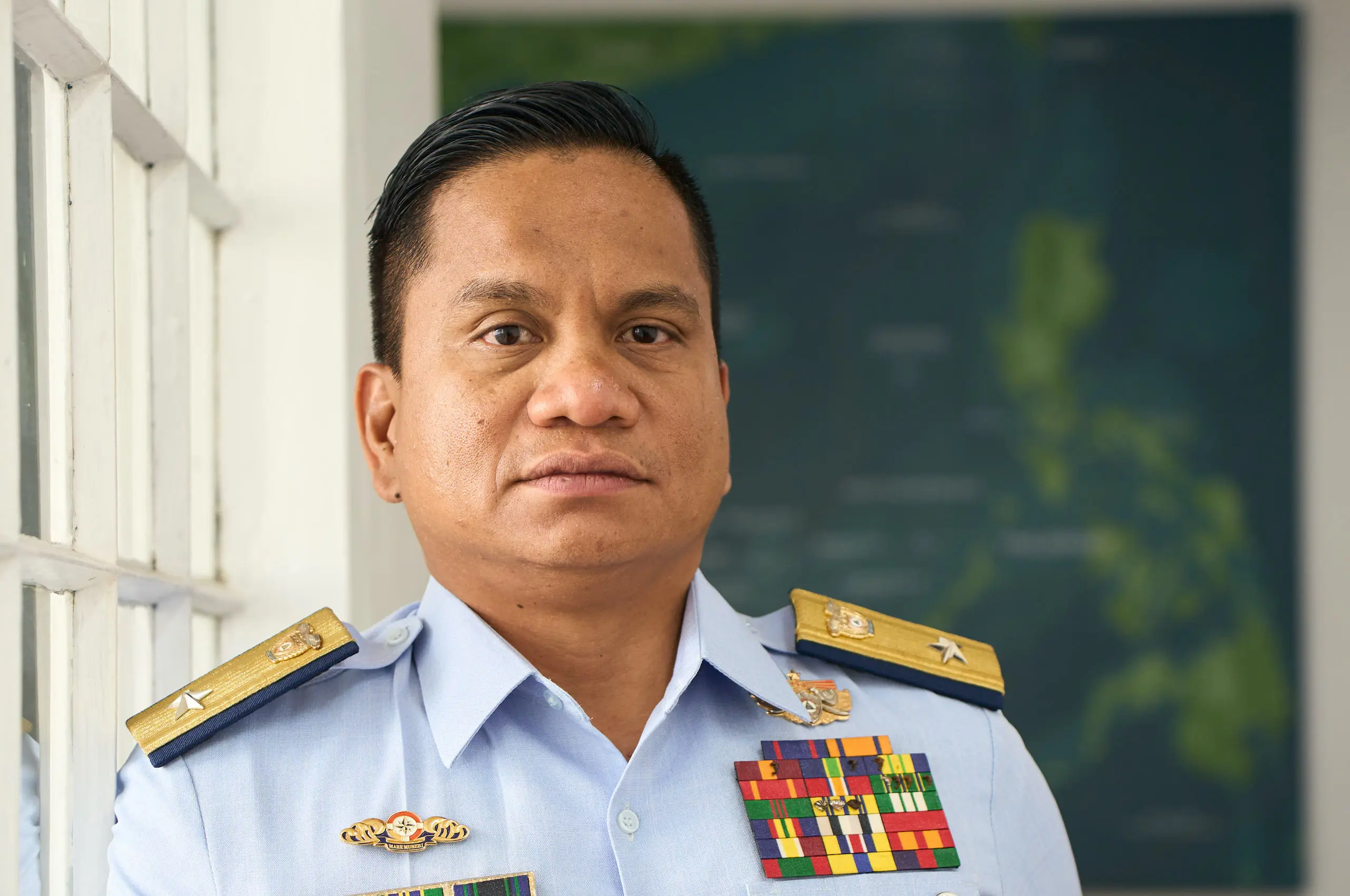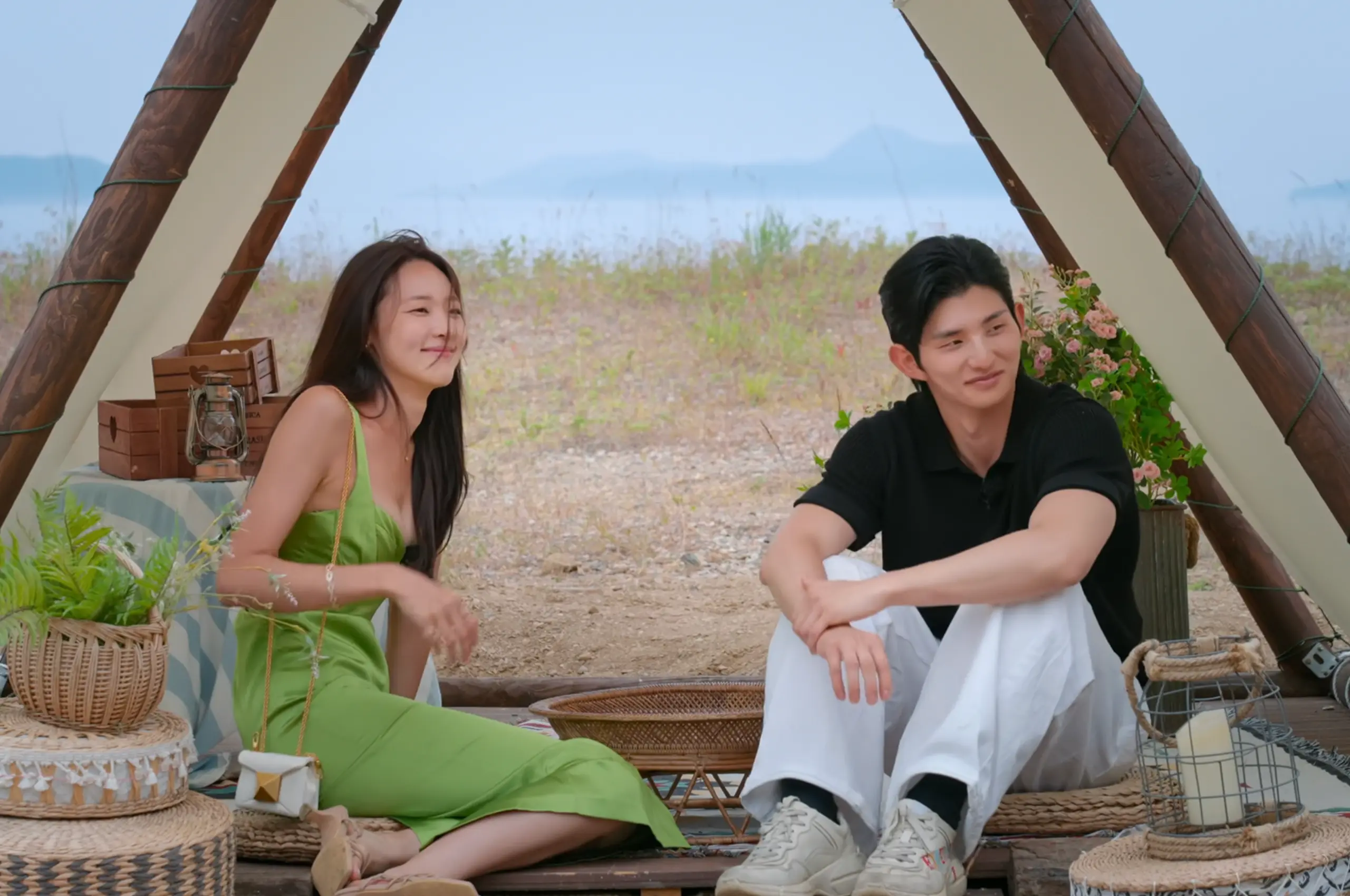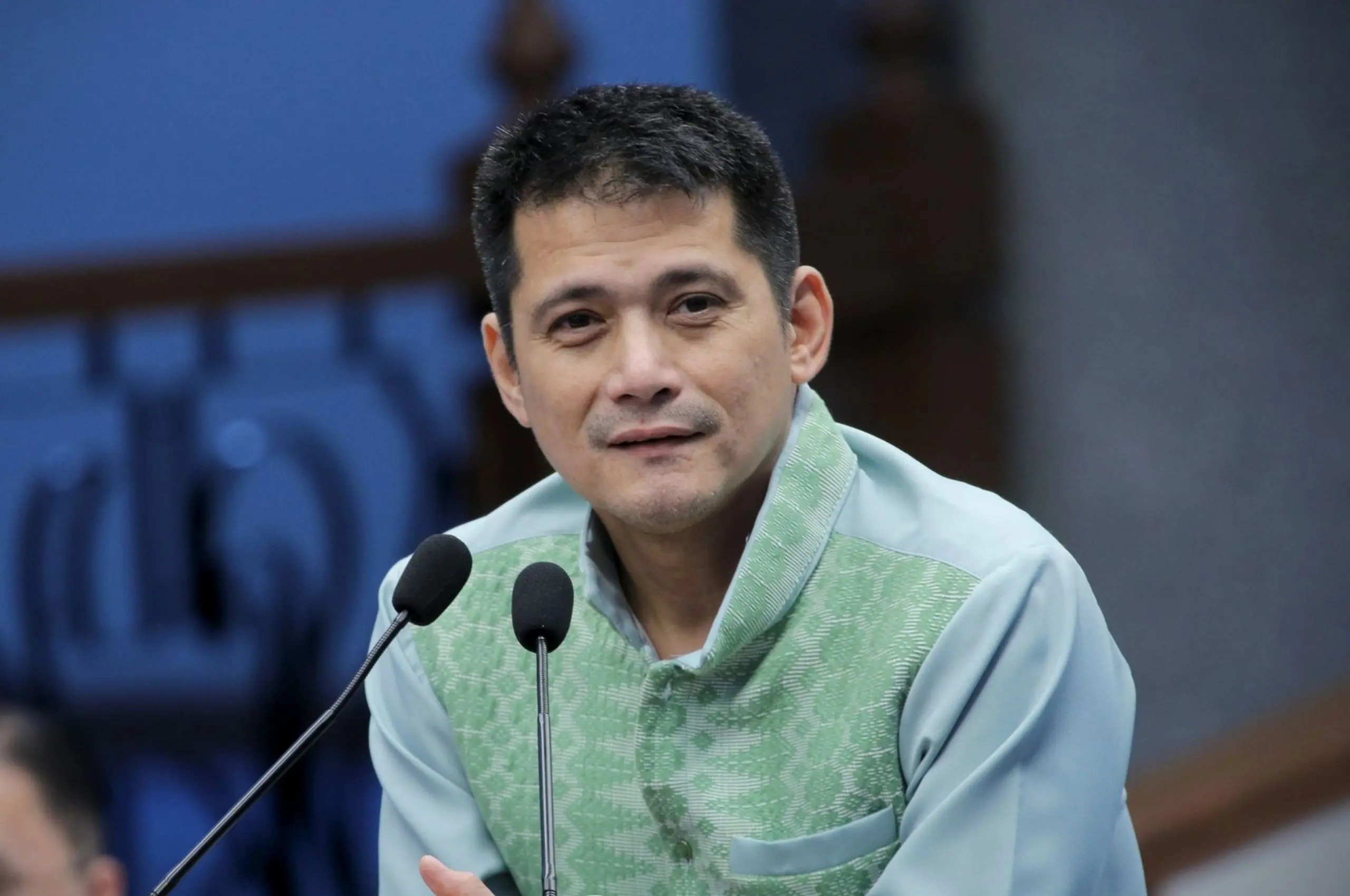As spokesperson for the Philippine Coast Guard (PCG) on West Philippine Sea Concerns, Commodore Jay Tarriela deals with trolls on a regular basis.
“I just get used to it,” he tells Rolling Stone Philippines of the tens of thousands of soulless trolls that have swarmed his and PCG’s social media pages amid continuous tensions between the Philippines and China in the West Philippine Sea.
Since being delegated spokesperson in February 2023, dealing with these faceless profiles spewing mistruths and vitriol has been part of Tarriela’s job. He said that the PCG has now monitored over 10,000 fake accounts countering the Philippines’ stance in the West Philippine Sea, the country’s exclusive economic zone in the vast expanse that is the South China Sea.
China lays claim to not only the West Philippine Sea, but nearly the entirety of the South China Sea through its historical nine-dash line, one that an international arbitral tribunal struck down, ruling heavily in favor of the Philippines’ claims based on international maritime law in 2016.
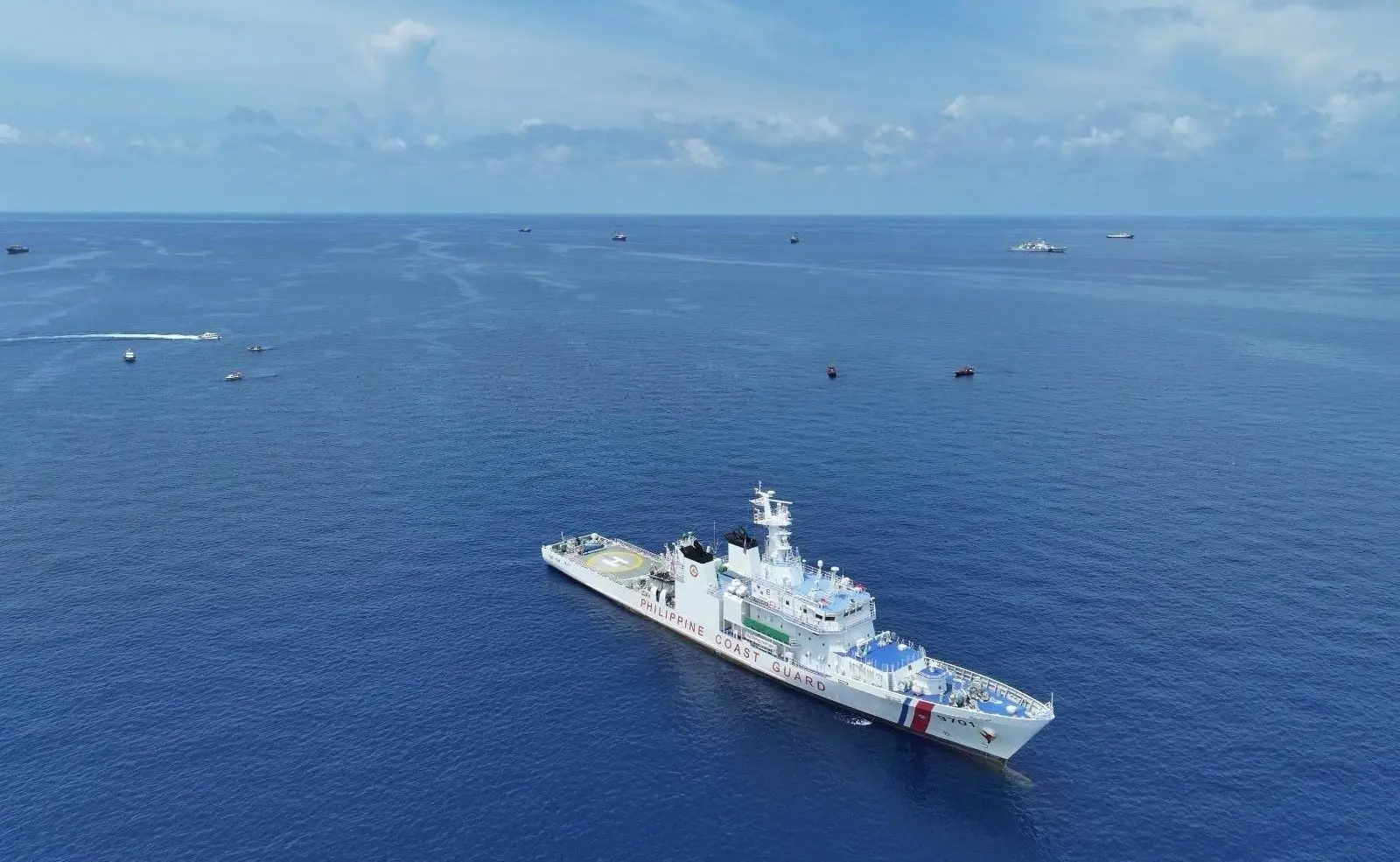
If we’re going to be silent about it, it’s just like you’re being victimized by bullies, and the reason why they’re successful is because you never tell your story.
Yet the spokesperson, who happens to be the youngest general in uniform in the country, is hardly fazed. In fact, he views this as an accomplishment, a testament to the effectiveness of the transparency initiative launched by the Philippines against China’s tactics.
“During the early days of the transparency efforts, the trolls that we were monitoring then that were countering our own position on the West Philippine Sea were [fewer] than 500. This was around 2023… I would like to believe that the transparency efforts of the government are working,” he says, referencing alleged claims of China hiring local PR firms to run “keyboard warrior campaigns” and “intensify their pro-China trolling and counter our fight in the West Philippine Sea on social media.”
A Social Weather Stations pre-election survey proves the positive impact of this transparency strategy, Tarriela said. In March, 78 percent of Filipinos said that they would support candidates who would confront Beijing’s activities in the West Philippine Sea. Eight out of 10 also said they would support candidates who stand up for the Filipino people’s sovereignty.
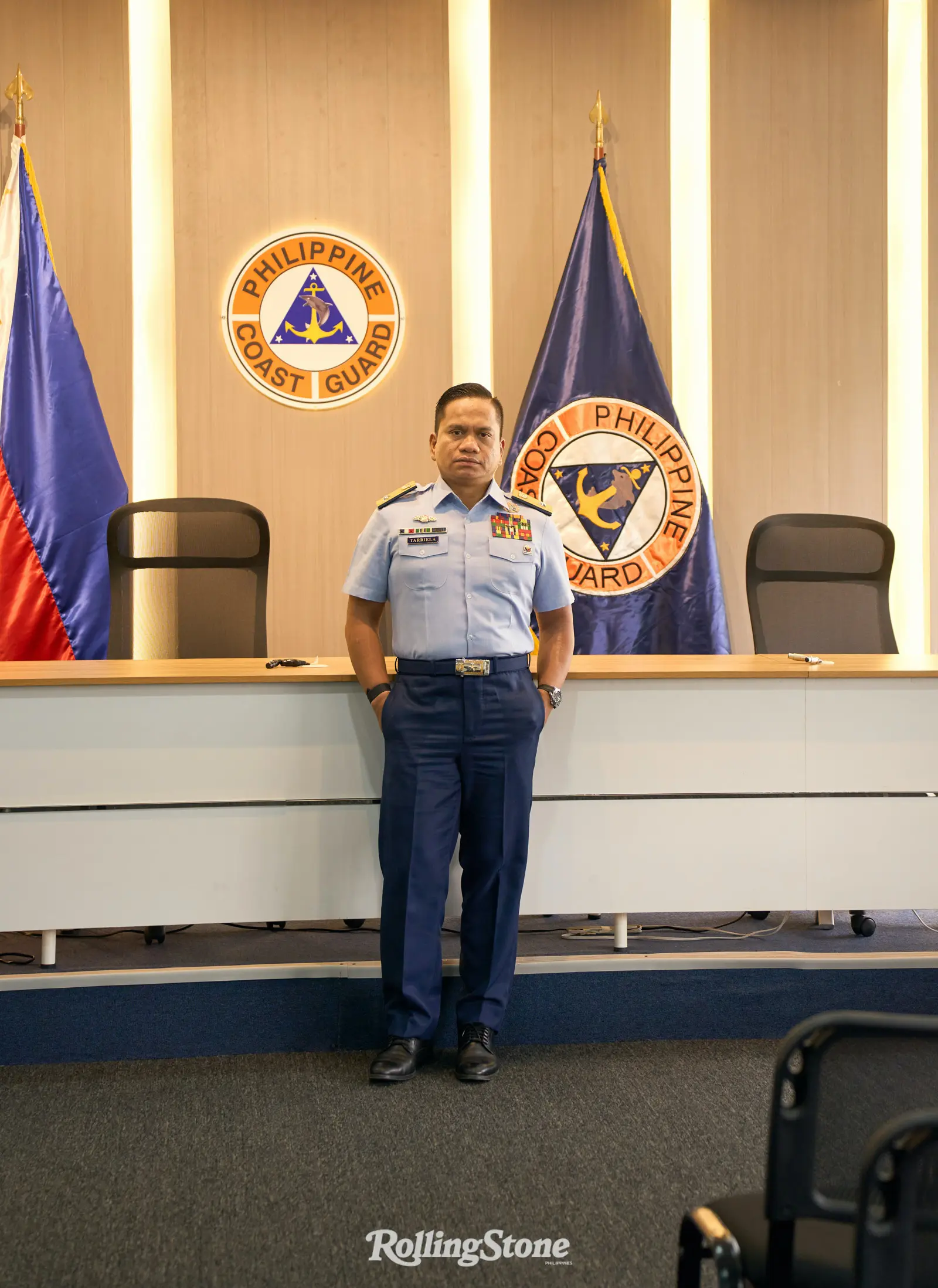
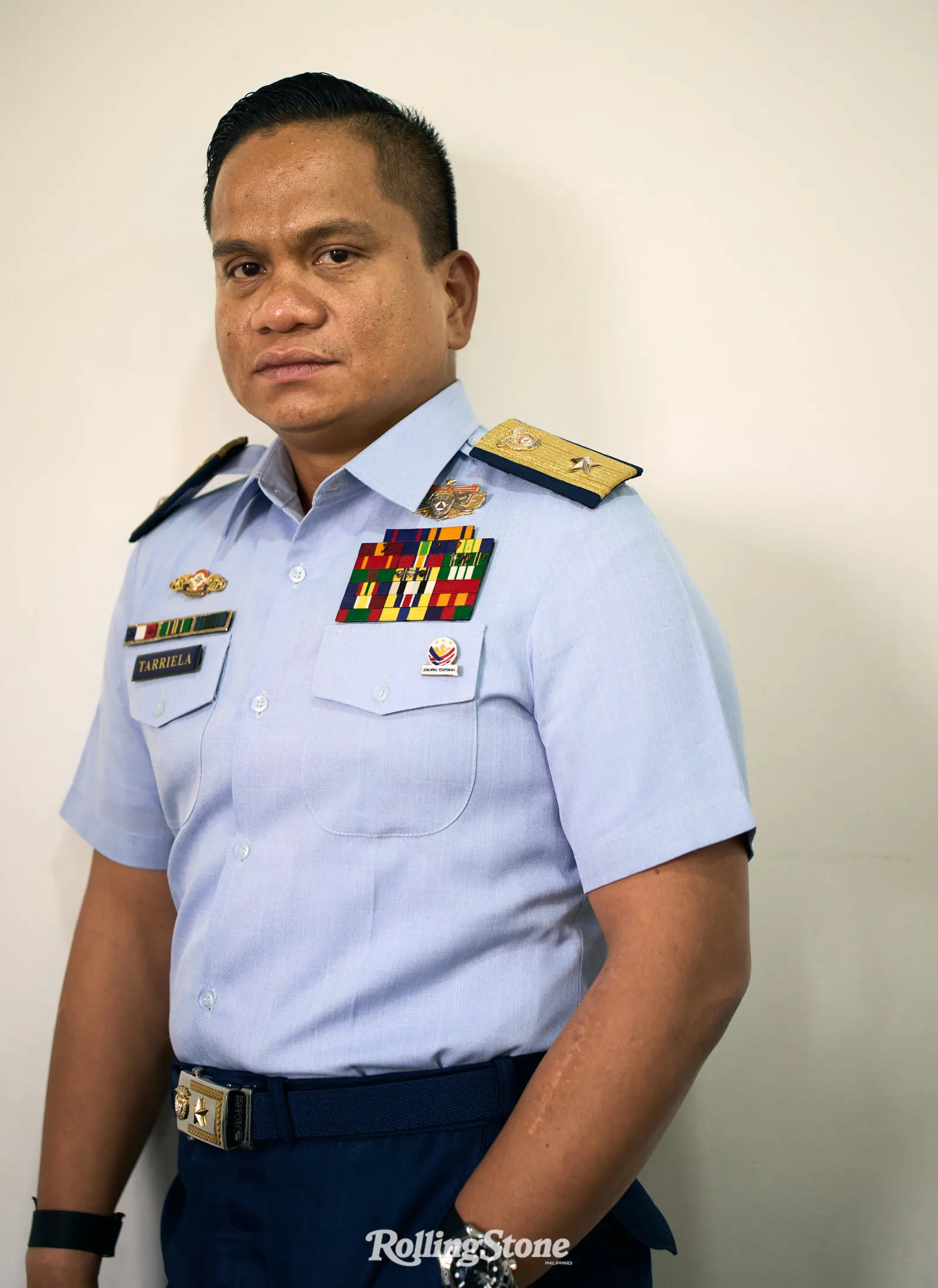
The Philippines’ strategy to publicize China’s every move in the country’s waters began nearly as instantly as Tarriela became spokesperson. Two years ago, the coast guard first reported on the China Coast Guard’s use of military-grade lasers that temporarily blinded the crew aboard the BRP Malapascua, which was escorting a rotation and resupply mission to the BRP Sierra Madre, a World War II-era ship that serves as a military outpost, grounded in Ayungin Shoal.
Then advising the PCG commandant, Tarriela said that the PCG needed to broadcast and expose these incidents to the media “so that they can amplify our own factual narrative.”
“If we’re going to be silent about it, it’s just like you’re being victimized by bullies, and the reason why they’re successful is because you never tell your story,” he says.
Although strides have been made in terms of awareness, more needs to be done for Filipinos to be invested in the West Philippine Sea. For Tarriela, it is worse when the misinformation he comes across online comes from those who hit close to home.
“It’s somewhat annoying and at the same time disappointing when you click the social media profile of one particular troll, then you’ll be surprised that it’s not a troll — it’s a real person with friends, some of whom you know.”
“We had one family doctor that my kids used to visit every time when they were babies… And then he’s sharing a lot of misinformation about the West Philippine Sea, and it breaks my heart. How come these professionals are being convinced by that kind of narrative?” he asks.
Read the rest of the story in The State of Affairs issue of Rolling Stone Philippines. Buy a copy on Sari-Sari Shopping, or read the e-magazine now here.


